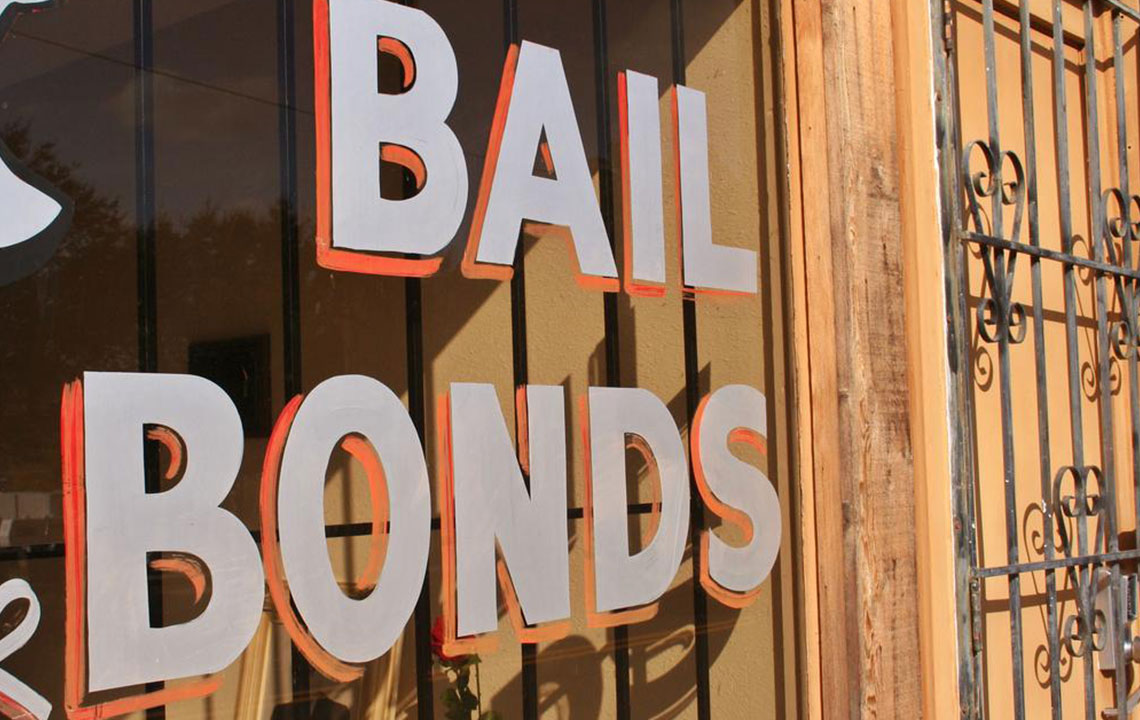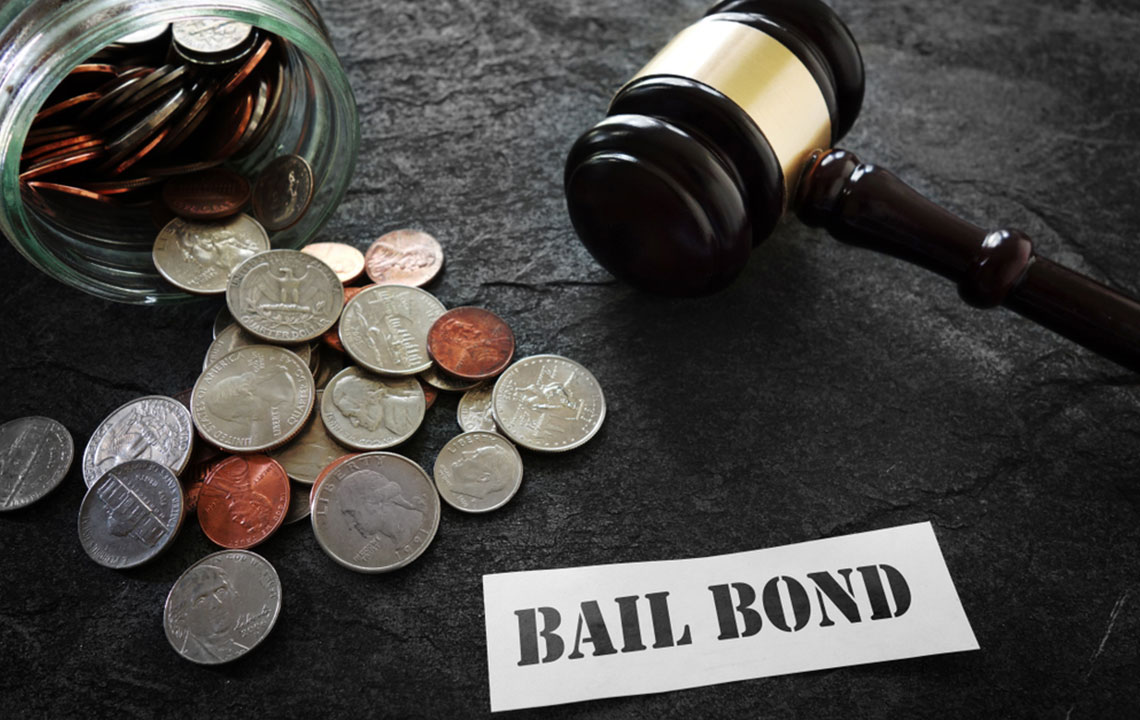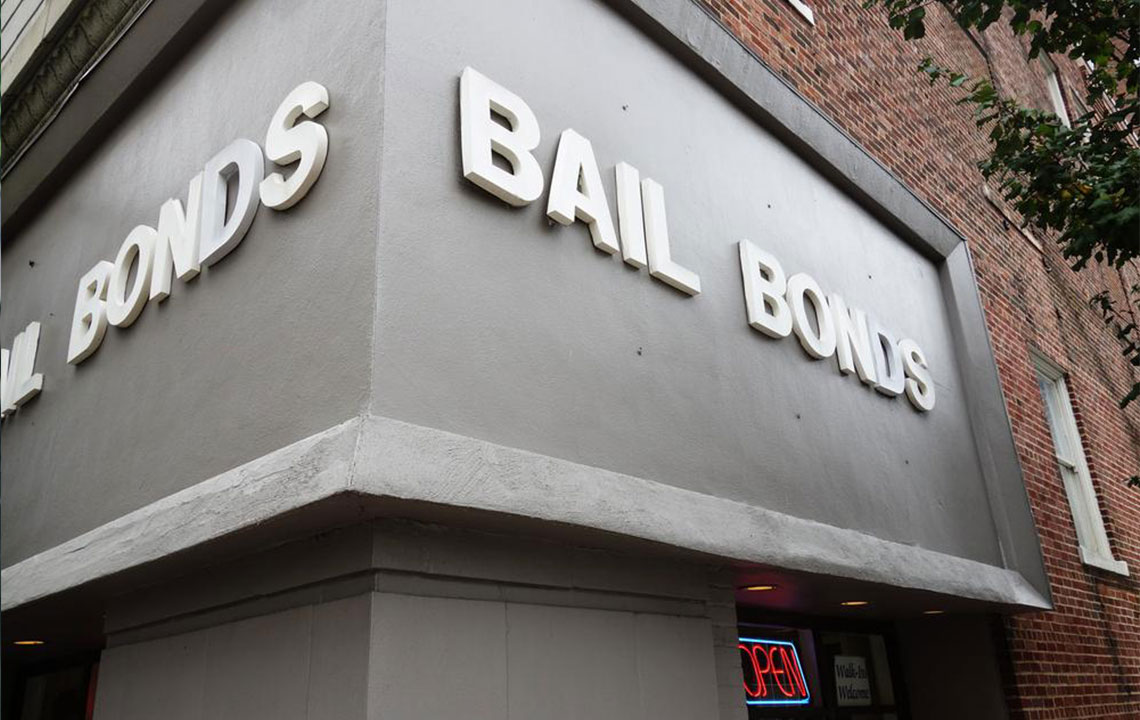Understanding Bail Bonds: Essential Facts You Should Know
This article offers a clear overview of bail bonds, explaining their purpose, types, costs, and legal obligations. It highlights how bail bonds help defendants manage high bail amounts by working with agencies that charge a fee and require collateral. The piece also covers legal rules, consequences of non-compliance, and the role of bail bond agencies, providing readers with essential knowledge on navigating the bail process effectively.

Understanding Bail Bonds: Essential Facts You Should Know
In legal discussions and courtroom shows, the term "bail" is frequently mentioned, yet many people remain unclear about its significance. Simply put, bail is a sum set by the court that allows a defendant to be released from custody before their trial. This amount serves as a guarantee that the defendant will attend all court hearings. After the case concludes, the court refunds the bail amount to the defendant.
Bail can be paid in cash or through a bail bond. Paying cash requires covering the entire amount upfront, which can be costly. Alternatively, bail bonds involve a third-party agency that posts the bail on behalf of the defendant. This is especially helpful when the bail amount is prohibitively high.
Most bail bond companies charge about 10% of the total bail as a fee, and they typically cover the remaining amount. The agreement requires the defendant to attend all court dates, and often includes pledging collateral such as bank accounts, jewelry, real estate, stocks, or vehicles.
Rules are set by both the court and bail bond agents to ensure compliance. The defendant must appear in court and avoid violating other laws before the case ends. Violating these terms can result in bail forfeiture and a warrant for arrest. The bond agency also has the right to seize collateral or pursue the defendant if they skip hearings. If the defendant absconds for six months, they become liable to pay the full bail amount.










